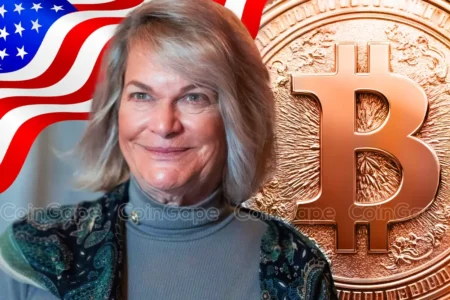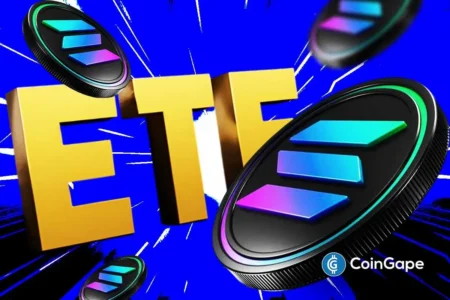In a recent development, Pro-XRP lawyer John Deaton has raised concerns about the potential favoritism shown by the U.S. Securities and Exchange Commission (SEC) towards FTX founder Sam Bankman-Fried. Deaton’s remarks came in response to the SEC’s announcement of record-breaking financial remedies in its fiscal year 2024 enforcement actions. According to Deaton, SEC Chair Gary Gensler’s private meetings with SBF, while denying similar access to U.S.-based crypto executives like Coinbase CEO Brian Armstrong and Kraken’s Jesse Powell, suggested favoritism. Deaton also highlighted SBF’s $10 million political contribution as a potential reason for FTX’s favorable treatment in regulatory talks.
Furthermore, Gary Gensler announced his intention to step down as SEC Chair on January 20, 2025, coinciding with the inauguration of Donald Trump as the 47th president of the United States. The SEC reported a record $8.2 billion in financial remedies during fiscal year 2024, marking the highest amount in its history. Despite this achievement, the total number of enforcement actions saw a 26% decline compared to the previous fiscal year, with 583 cases filed, of which 431 were classified as “stand-alone” actions, representing a 14% decrease from fiscal year 2023. Notably, the SEC’s case against Terraform Labs and its founder, Do Kwon, accounted for $4.6 billion of the financial remedies, more than half of the total recoveries for the year.
John Deaton has used the SEC’s recent actions to advocate for regulatory reform, arguing that the agency’s approach relies on outdated laws to regulate emerging technologies. With Gensler’s upcoming resignation, Deaton has endorsed Brad Bondi as a potential replacement, emphasizing the importance of a clear and fair regulatory framework that supports innovation in the blockchain industry. Deaton’s criticism and calls for reform reflect the ongoing debate about regulatory oversight and fairness in the cryptocurrency space, particularly as digital assets continue to gain mainstream acceptance and adoption.
Overall, the controversy surrounding the SEC’s relationship with FTX founder Sam Bankman-Fried and the record-breaking financial remedies announced by the regulatory body in fiscal year 2024 highlight the growing concerns within the crypto community about regulatory oversight and potential favoritism. John Deaton’s criticisms of SEC Chair Gary Gensler and his support for regulatory reform point to the need for a more transparent and equitable approach to regulating emerging technologies like blockchain and cryptocurrencies. As the debate continues, it remains to be seen how the SEC will address these concerns and ensure a level playing field for all participants in the crypto ecosystem.
In conclusion, the intersection of politics, finance, and technology in the cryptocurrency space has brought to light broader issues of governance, accountability, and fairness that require careful consideration and action. The relationship between regulatory bodies like the SEC and industry players like FTX founder Sam Bankman-Fried will continue to be scrutinized as the crypto industry evolves and faces new challenges. By addressing these concerns and fostering a regulatory environment that supports innovation and competition, the SEC and other regulatory bodies can help ensure the long-term success and sustainability of the blockchain and cryptocurrency ecosystem.

















